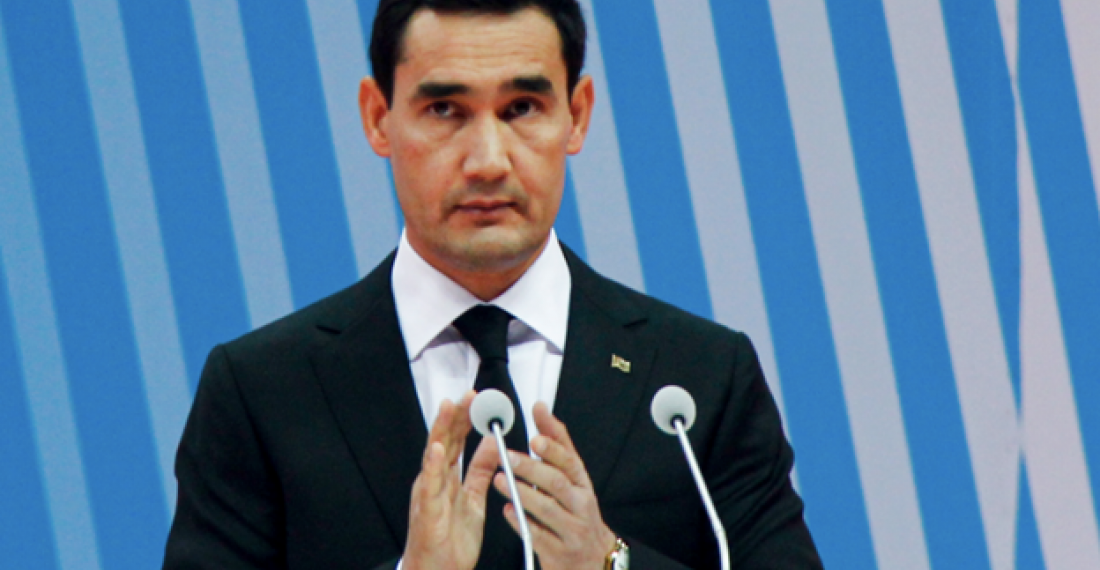Serdar Berdymukhamedov was announced the winner of the Turkmenistan presidential elections with a vote share of 72.97%. His closest rival garnered 11% of votes. The reported turnout was 97.12%. Serdar Berdymukhamedov will take over from his father, who has been in power since 2006.
While Turkmenistan holds its Presidential elections in a two-round system, Serdar Berdymukhamedov secured a majority in the first round with 72.97% of the votes, bypassing the need for a second round. No election in Turkmenistan has been deemed free and fair by international observers such as the OSCE. Nevertheless, the younger Berdymukhamedov won with a much-reduced majority. His father was re-elected in 2017 with a vote share of more than 97%.
Berdymukhamedov Jr. has risen through the political ranks in Turkmenistan, taking on a series of high-profile roles such as governor of the Ahal province, Deputy Prime Minister, and chair of the Supreme Control Chamber.
In a field of nine candidates, Serdar Berdymukhamedov’s closest rival Khyrdyr Nunnayev, the vice-rector of Turkmen State Institute of Physical Culture and Sports, nominated by an initiative group in Ashgabat, was able to win 11.09% of the votes. Nominee of the Agrarian Party of Turkmenistan, Agajan Bekmyradow, came third with 7.22% of the votes.
After Berdymukhamedov Jr. cast his ballot (12 March), he answered questions in Russia, English, and Turkmen. When asked about the country’s status of neutrality, the new president stated, “The neutral status of Turkmenistan allows it to develop full-fledged relations with all states, both in this region and beyond in.”






